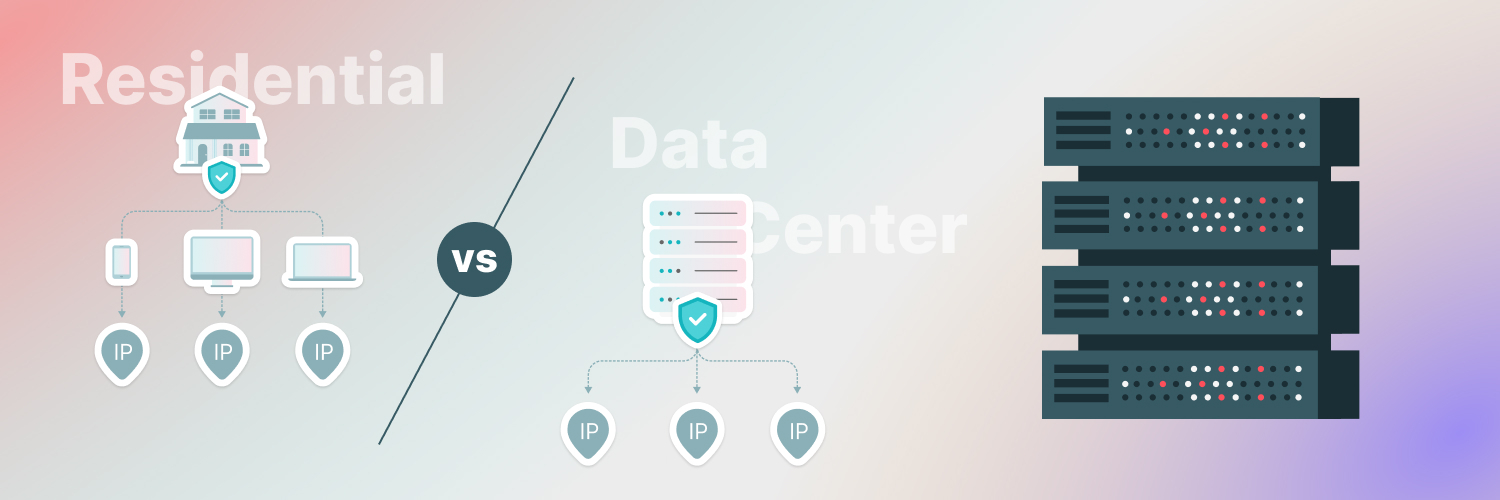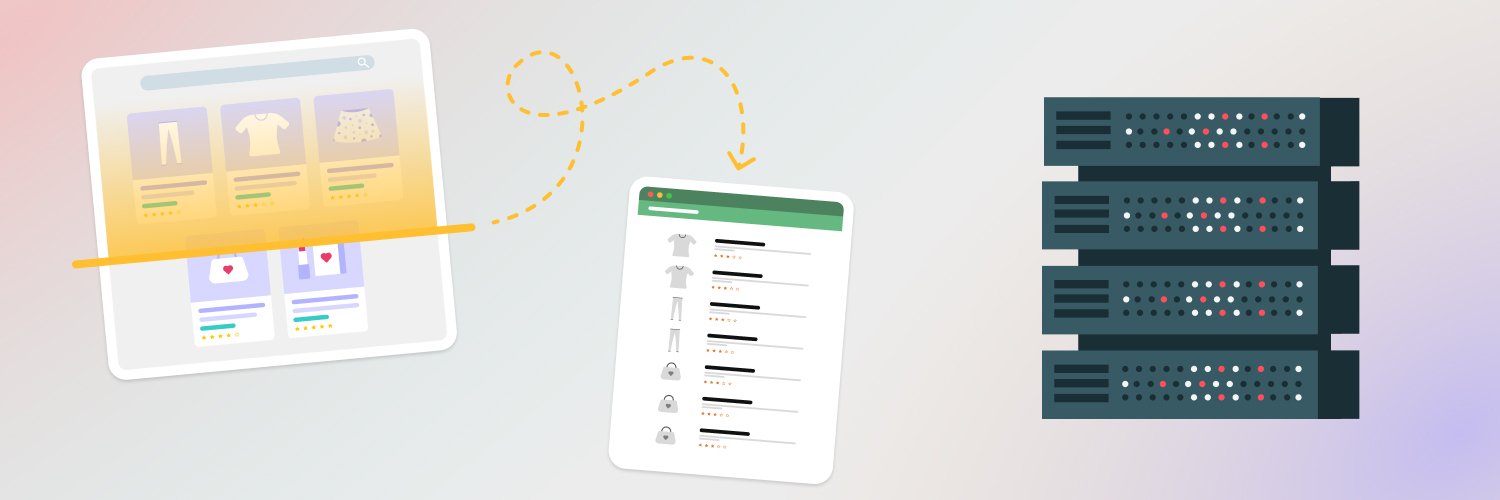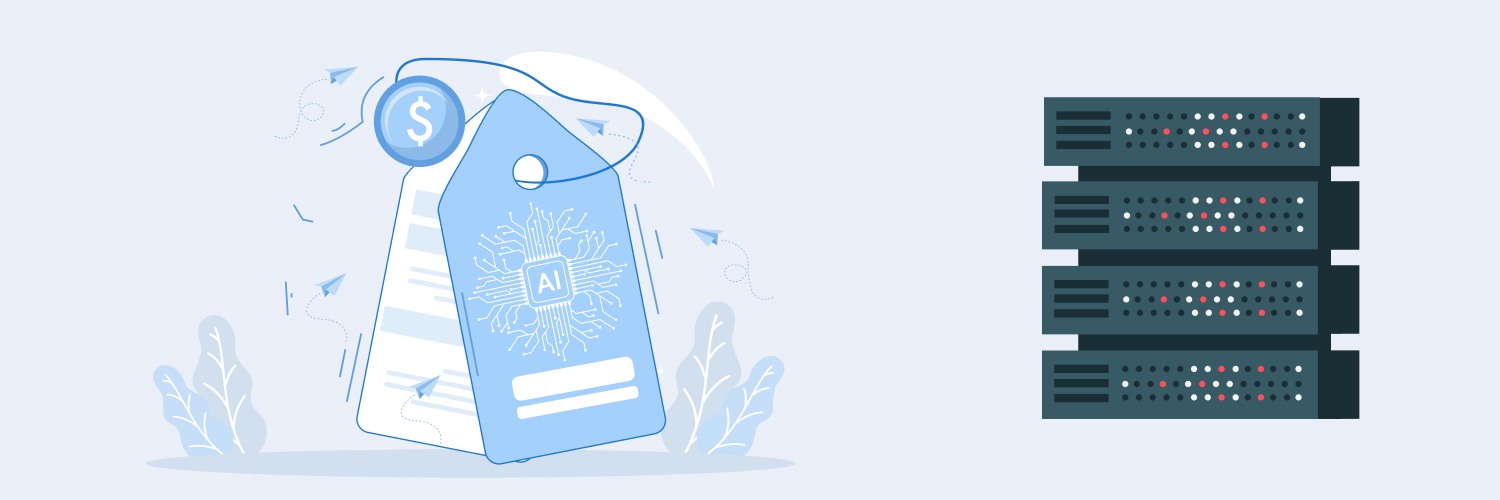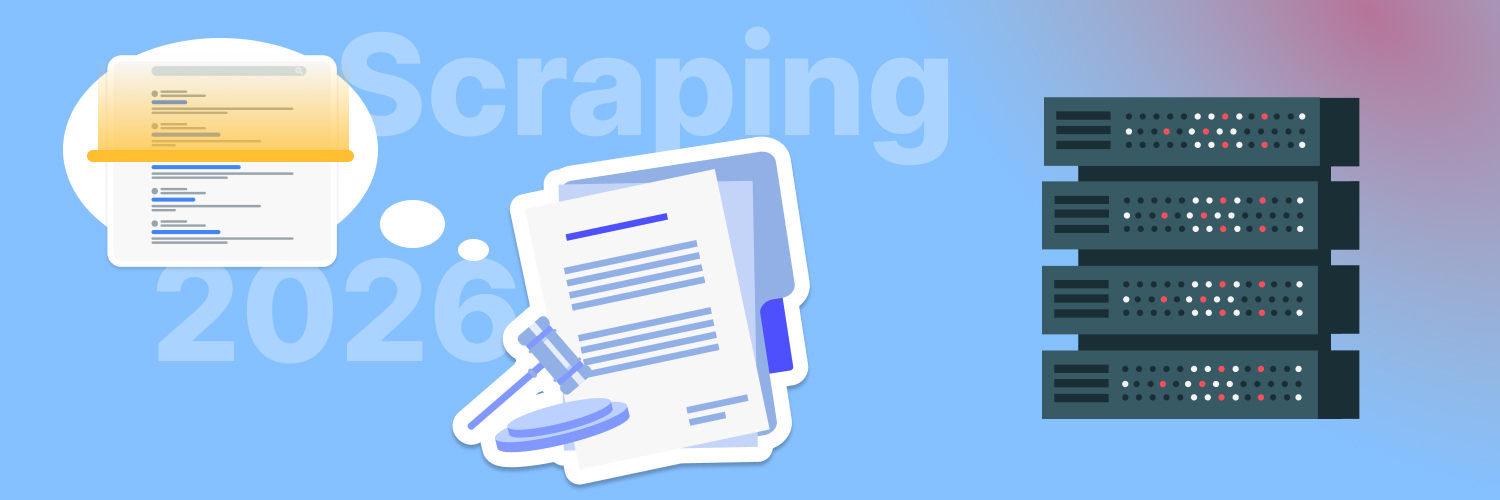A Comprehensive Guide to Proxy Meaning
Today, it has never been more important to protect your privacy and security when you are online. Various tools can help, including detection software and secured websites. Yet, there is always the risk that someone will be able to find out who you are and what you are doing. The best way to stay anonymous online is to use a proxy. Knowing what by proxy means will help you determine what steps you can take to protect yourself. It also gives various methods available to do so.
What Is the Proxy Meaning?

A proxy is a type of “go-between.” That means it is an entity that acts on behalf of another entity. The by proxy meaning, even in its legal applications, means that one party is taking action on behalf of another. This type of online strategy helps create a stopping point between your device and the website you are trying to visit.
Here is how the process works. A proxy server is used. It sits between your device and the internet access. When your device requests a website location, such as when you type in a URL, the proxy server works instantly to conceal your computer’s IP address and location from the site you are visiting. The first request goes from your device to the proxy server. Then, the proxy server will make that request for you, redirecting it outward.
The proxy server:
- Provides an intermediary between your device and the rest of the internet
- It accepts a request from you to access the internet
- It forwards that request to the appropriate server
- The server seeks out the website you want
- The server responds to you with the material requested
This process enhances security and privacy and can improve the performance of various online activities, making it one of the most valuable resources.
With a proxy, it is easier to see the numerous benefits these tools offer. Though they can be tailored to your specific objectives, the most important reason to use a proxy is to make your internet activity anonymous. The proxy does this by hiding your IP address and routing your request to the proxy server. In short, the website you land on does not see where you really are or who you are. They see the server.
A secondary reason to use proxies is to improve the performance of the network. The proxy server works by caching frequently accessed content. That way, the load time is much faster, and that reduces the demand on your network’s bandwidth. For many organizations, this can be very important to minimize delays in communications where the network receives a significant amount of traffic.
More so, proxies are tools for added security. They can help you with:
- Providing access to content that has been restricted from you due to your geographic location
- Filter out malicious content
- Block out any unwanted websites trying to pop up
- Prevent access to material considered harmful by you
From this proxy meaning, it is clear that proxies are excellent at providing individuals and organizations with a higher level of security overall.
What Does By Proxy Mean: How Proxy Servers Work

To help you get a bit more insight into the definition of by proxy, we have to take a look at how proxy servers work. Here is a bit more about the meaning of proxy.
First, consider what happens when you request a URL or website. When you do that, before any data is transmitted from your device, your device must first link to a proxy server.
The server is only a stopping location. It collects your income information, requests, and traffic and then sends that request on the way to the website destination you want it to. While it does that, it hides your IP address, which is a combination of letters and numbers that pinpoints the actual location of your device and identifies you.
Another way to understand the meaning of a proxy is this: When you send a request to the internet, the proxy steps in and collects that request instantaneously. It then sends out the request using its IP address and location information. Your information is blocked. It then instantly collects the information you requested and sends it right back to you.
What Does Configure Proxy Mean?

In order to benefit from this process, you must be able to connect to the proxy server. First, you need to establish a relationship with a proxy server that will help you gain these benefits. Configuring a proxy means that you will set up this process so that the next time you turn to the internet for a search, your request moves through the proxy servers.
Configuring a proxy is very straightforward. You simply need to choose a proxy service that you wish to use. Once you do that, you can provide some insight into the type of restrictions or IP address you are looking for (more on that in a moment). By buying a proxy designed to meet your needs, including increasing speed and providing location management, you gain the ability to navigate your system effectively.
To configure a proxy, follow this basic process:
- Obtain a proxy. You can use Rayobyte to help you obtain a proxy that fits your needs.
- Access the network settings. Once you have the proxy, you can access the network settings on the device you want to link to it. This is typically under the Network or Internet locations of your device.
- Enter the proxy information. To do this, you will simply local the proxy configuration section in the location and enter the details of the proxy you purchased. The proxy provider will provide you with the server’s address and port number. You will then need to go through a short verification and authentication process, which means using your login information to access your account.
- Save. Save the details to your system.
To configure a proxy, that is all you have to do, and you only have to do this one time in most situations to set the process up.
Proxy Meaning by Type: The Types of Proxies

As you consider this proxy meaning, you also need to know that proxies are powerful tools that can be customized to handle a wide range of tasks for you. As a result, you need to choose the one capable of meeting your specific needs. To help you get through all of the proxy meaning options, here is a look at some of the most commonly selected proxies.
HTTP Proxies: An HTTP proxy is a very basic form. It shelters your privacy while you are online, but it only works through your web browser in most situations. It is easy enough to set up but works to simply redirect traffic behind the scenes. When you submit a request on the browser, it is intercepted by the proxy, and all information is taken from that request before it is rerouted to another location.
HTTPS Proxies: A second common type of proxy is an HTTPS proxy, which adds a level of encryption to the process. These are still very simplistic to use proxies and can provide you with a secure connection to use. It hides your identity and ensures your anonymity even when encrypted web traffic is requested.
SOCKS Proxies: Another option to learn of is a SOCKS proxy, which is also beneficial for more demanding tasks. They can redirect any protocol or application, which is more than others that only handle website traffic. SOCKS proxies are more versatile in this way because they prevent any single point of failure with end-to-end protection. You get full access without providing any revealing information.
Forward Proxies: A forward proxy is a type of stand between you and the internet. Your request travels through the server the server. The difference is that this option goes through the server. Most methods just route the request. Forward proxies demonstrate the actual proxy. That means the traffic is actually traveling through the proxy. This adds another layer of protection to the process.
Reverse Proxies: A reverse proxy works as a guard in front of the web server. When someone makes a request, the request is placed through this proxy before reaching the actual server. It acts more as a type of defense for the website by protecting information flowing through it. Instead of sending requests, this proxy intercepts requests from the public internet and puts them through a route that keeps the website safe from access.
FTP Proxies: This is a common type of proxy, meaning that you will find it often. File transfer protocol proxies provide a way to privately share and transfer files using the FTP protocol. This is often beneficial because, unlike others, FTP is not secure. FTP proxies work to mask users during the exchange of these files. They intercept FTP traffic and then route the request and response while protecting the actual sender.
Transparent Proxies: Transparent proxies operate just slightly differently than other proxies. They are less obvious in what they are doing than other types of proxies. Instead of showing what is happening, they secretly intercept web traffic in the background. This makes them harder to detect. Transparent proxies operate in the background, so you do not need to configure them for a device. Instead, the network administration can handle the process.
Anonymous Proxies: An anonymous proxy provides anonymity, of course. It hides an IP address and what you are doing. However, This type of proxy is a bit different in how it operates. It is a better overall option for hiding what you are doing, providing harder detection from websites and servers as you use it. It is very difficult for anyone to know what is happening here.
Mobile Proxies: A mobile proxy works in much the same way as others, but it is specifically designed for your mobile device. Mobile devices, like phones and tablets, are unique in that they move from one location to the next and can provide a mobile hotspot for users. Mobile proxy servers are usually set up on your device, though others can be established at the network level. They reroute traffic through a middle server to create better privacy.
TOR Proxies: The Onion Router (TOR) proxy sends traffic through a special network called TOR. This network users volunteer servers to encrypt information and then bounce traffic between various points. The entire process protects your privacy.
Residential Proxies: A residential proxy operates using a real home internet IP address. Instead of hiding this, it mimics regular use and the user’s browsing habits, making it seem like an authentic destination.
Data Center Proxies: A data center proxy uses servers located within a large data network or storage facility. It is not an individual home IP like residential proxies. These are some of the most efficient proxies and are often used for tasks that require a lot of speed and efficiency but also need to be highly reliable. Datacenter proxies are also some of the most affordable options for this type of work.
Get the Proxy Meaning at Rayobyte

Now that you know the meaning of proxy, it may be time to increase your security and privacy. At Rayobtyle, you gain access to a wide range of proxy options, including residential and data centers. Also, take a minute to check out our Rayobyte’s Web Scraping API and rotating data center Ips. If you want to navigate the internet with privacy, Rayobyte can help.
The information contained within this article, including information posted by official staff, guest-submitted material, message board postings, or other third-party material is presented solely for the purposes of education and furtherance of the knowledge of the reader. All trademarks used in this publication are hereby acknowledged as the property of their respective owners.




